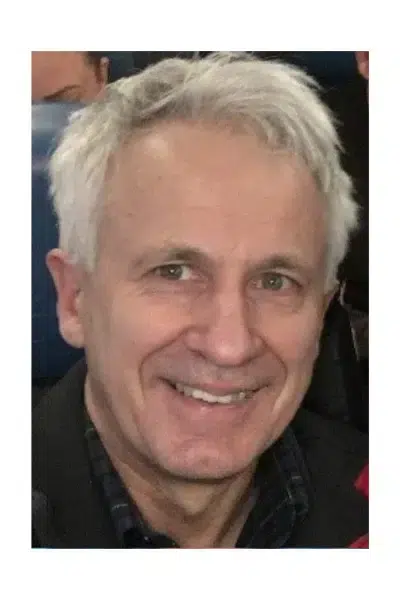Continuous Cerebrospinal Fluid (cCSF) Sampling via Indwelling Spinal Catheter in Clinical Pharmacology Studies

Continuous Cerebrospinal Fluid (cCSF) Sampling via Indwelling Spinal Catheter in Clinical Pharmacology Studies
QPS and the Department of Anaesthesiology of the University Medical Center Groningen (UMCG) have executed more than 20 studies with CSF Sampling. In this webinar, we will share the details on how to execute CSF Sampling and the pros and cons of cCSF Sampling over single Lumbar Puncture. We will discuss the safety and tolerability of cCSF Sampling procedures. In a few case studies we will share the results and show the value of this technique.
Overview
Timed interval cerebrospinal fluid sampling by indwelling catheterization is a valuable tool for pharmacokinetic and pharmacodynamic assessment of drugs. Unlike a single lumbar puncture (‘spinal tap’) this procedure provides information on the time response relationship.
This will reveal information on blood brain passage of the drug as well as changes in drug related biomarkers e.g. Alzheimer’s disease-sensitive biomarkers. cCSF is an invasive procedure that requires solid medical expertise in order to execute properly and safely. Together with the University Medical Center Groningen, QPS has developed a standardized research tool that is regularly applied in clinic trials at the QPS clinic in Groningen, The Netherlands.
In this webinar we will share information on the technology used, best practices and potential pitfalls when using this technique. A Board-certified anesthesiologist always performs CSF catheterization. Professor Absalom will share the “dos and don’ts” based on his extensive experience with this procedure. Also, the most common side effects will be discussed.
We will present an overview of 4 case studies that show the different applications of the use of cCSF in clinical research. We will discuss the different clinical designs of each of these studies, and how these designs can be applied to and implemented in a SAD or MAD study design. We will also discuss the difference between cCSF and single punctures.
Meet the Speaker
Prof. Anthony Absalom, M.D, PhD
Professor Anthony (Tony) Absalom studied medicine at the University of Cape Town, South Africa, and underwent specialist training in East Anglia and Scotland in the UK. He is currently Professor of Anaesthesiology at the University Medical Center Groningen, Netherlands.
His clinical interests have been procedural sedation, anaesthesia for neurosurgery, and intravenous anaesthesia techniques. His research interests are in the domains of pharmacology and neuroscience. He is an editor of the British Journal of Anaesthesia, past President of the Society for Intravenous Anaesthesia, and a former vice-president of the World Society for Intravenous Anaesthesia.
He is currently Chairman of the Neuroanaesthesia Section of the Dutch Association of Anaesthetists and past-Chair of the General Anaesthesia Scientific Sub-committee of the European Society of Anesthesiology. Over the years, Professor Absalom has assisted QPS with the organization and conduct of several Phase I studies requiring cerebrospinal fluid sampling.
Izaak Den Daas, PhD
Izaak Den Daas is an experienced clinical pharmacologist with a demonstrated history of working in the pharmaceuticals and contract research organization (CRO) industry. Izaak brings strong operations professional skills in medical devices, biotechnology, cell culture, research and development and CRO management. His current responsibilities focus on ensuring that the QPS NL (Netherlands) patient clinics are functioning seamlessly, including management and maintenance of the quality system, defining and managing the procurement policies, as well as scientific support by evaluation and design of patient studies. Izaak also supports QPS NL business development in the sponsor acquisition process, identifying the wishes of the sponsor concerning patient studies, gathering and evaluating study feedback, participation in sponsor visits and taking the desired steps for improvement of the quality of patient studies.
Key Learning Objectives:
- Learn about the technology used for cCSF, as well as the potential pitfalls when using this technique.
- Learn the critical factors of cCSF by indwelling catheterization, based on the extensive experience of a Board-certified anaesthesiologist who regularly performs this procedure.
- Learn about the most common side effects of cCSF procedures.
- Understand the various uses of cCSF in early phase clinical research.
Date: Tuesday, October 26, 2021
Time: 2 pm BST | 3 pm CET | 9 am EST | 8 am CST
Duration: 60 minutes
Ideal for East Coast US and EU
Date: Tuesday, November 2, 2021
Time: 11 am PDT | 6 pm BST | 7 pm CET | 2 pm EST | 1 pm CST
Duration: 60 minutes
Ideal for West Coast US





